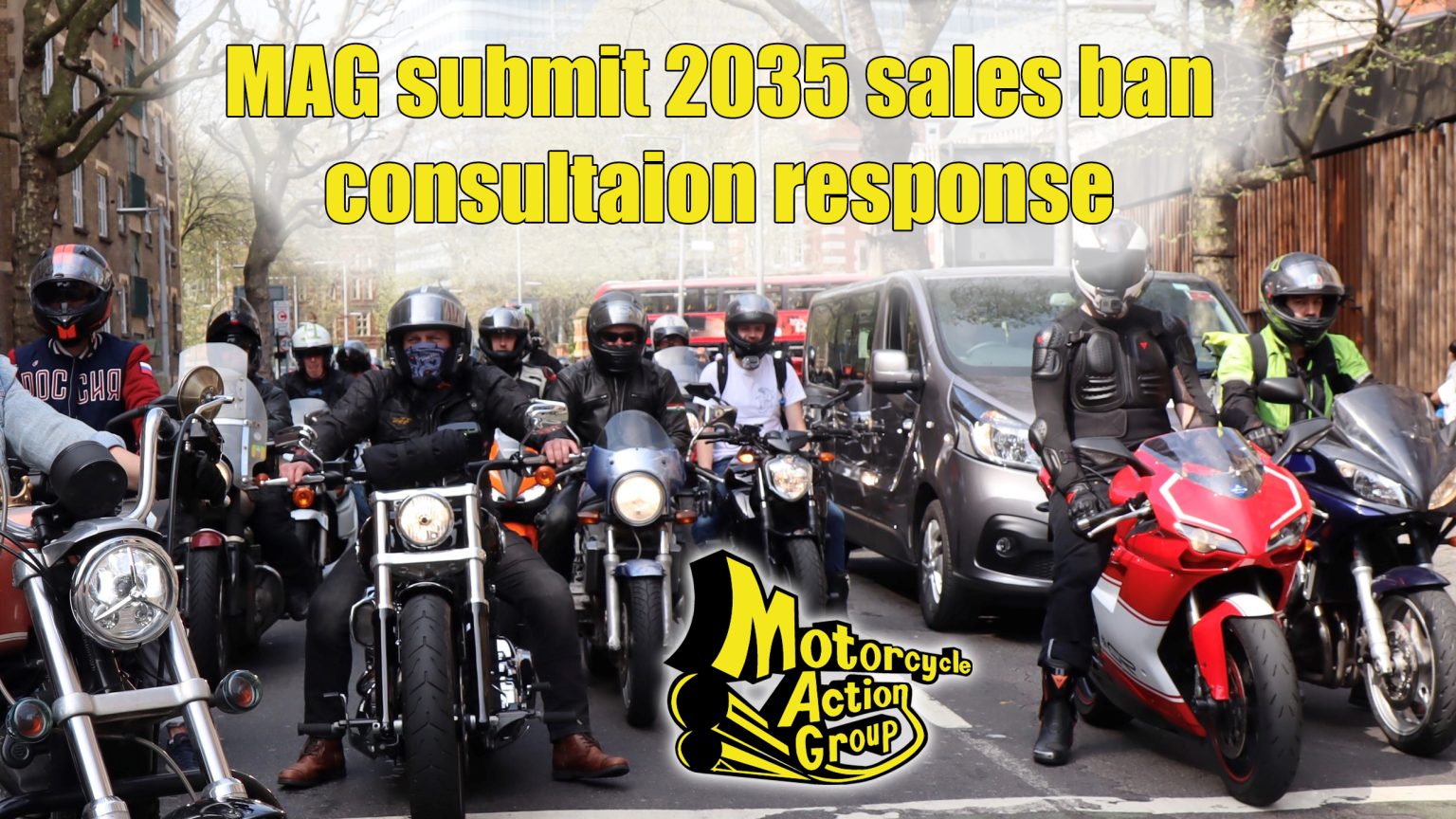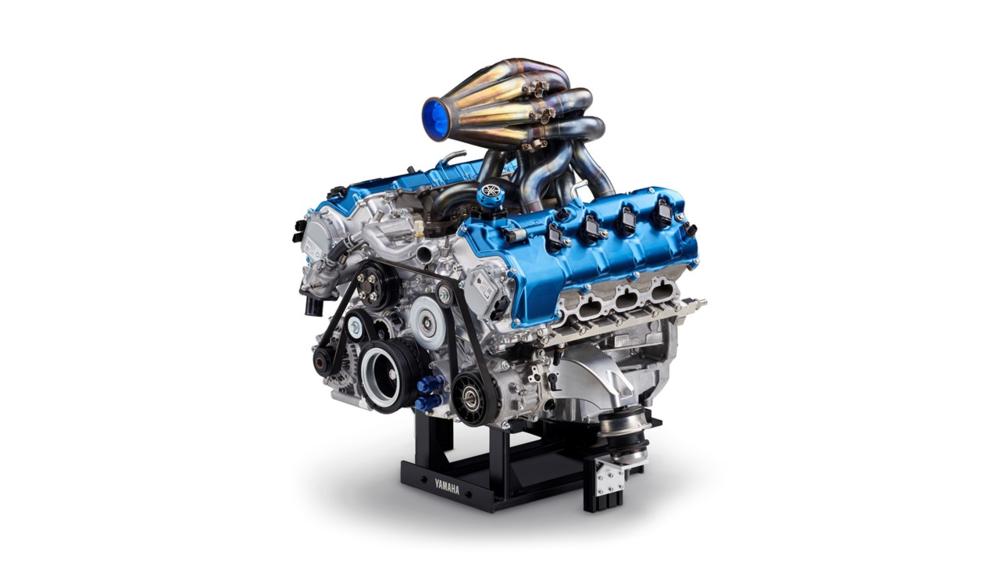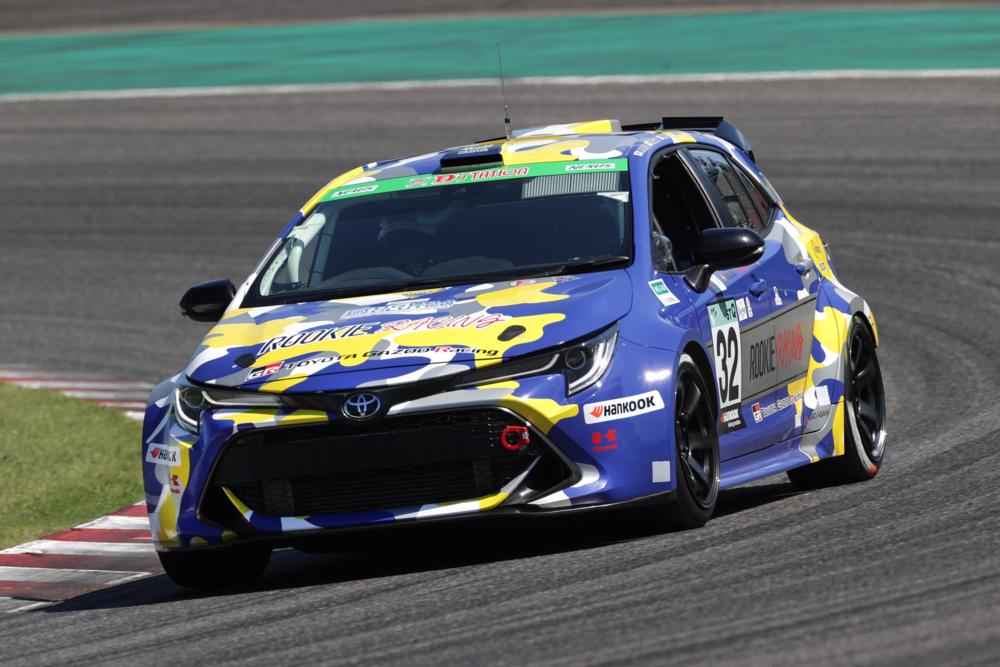MAG: UK government "making a huge mistake" in non-zero-emission bike ban
The UK Motorcycle Action Group has formally responded to the UK government's proposals to scrap non-zero-emission two-wheelers by 2035.

The UK Motorcycle Action Group has made its response to the UK government’s proposal to end non-zero-emission two-wheeler sales by 2035.
The Motorcycle Action Group (MAG) has made a response to the proposal to end the sale of non-zero-emission motorcycles by 2035 which it says “authentically represents the view of the majority of UK bikers and fulfils MAG’s pledge to fight the proposed ban to the last ditch.”

The government’s relatively recent announcement that it wants to phase out non-zero-emission motorcycles by 2035 has been opposed by several UK motorcycling groups, including the aforementioned MAG, MCIA, and the National Motorcyclists Council (NMC).
The proposed ban in one way can be interpreted to mean that motorcycles that burn fossil fuels to power their internal combustion engines (ICEs) will be banned by 2035, although the signs from the Department of Transport (DfT) are that non-electric solutions to non-zero-emission are viewed, essentially, as routes to the final point of electrics.

This means that synthetic fuels, and hydrogen combustion, for example, would be written off with fossil-fuel-burning ICEs.
Part of MAG’s response to the government proposal is an opposition to this technologically biassed perspective. MAG Chair Neil Liversidge said “The government is making a huge mistake in trying to pick winners. Free markets pick winners, not bureaucrats.”
Certainly, the government’s apparent decision to decide for the industry that alternative methods of combustion are not viable could be viewed as anti-capitalist. Arguably more importantly, it is opposed to the automotive industry.
Toyota, for example, is convinced that hydrogen combustion is a part of the future. Toyota is one of three manufacturers to have factory entries in the World Rally Championship, and at Ypres Rally Belgium earlier in the summer, it ran a hydrogen-fuelled car on some of the rally’s stages ahead of the competitive entries as a demonstration.
Further, Toyota has joined with numerous other industrial entities - including Yamaha and Kawasaki - to help develop hydrogen combustion engines. Yamaha, for example, helped develop a hydrogen ICE that ran at the Fuji 24 Hours endurance race in Japan, where one of the drivers was Jari-Matti Latvala, who won the Toyota Yaris WRC’s first rally in Sweden 2017, and is now Team Principal for Toyota’s factory World Rally Team.

To oppose an industrial force like Toyota - and therefore by extension Yamaha and Kawasaki - seems unwise. Yet, it seems to be the position.
Neil Liversidge’s statement continues: “Governments do not have the ability to predict the future and should not seek to limit innovation and creativity in solving the problems that we all face. We have openly stated a willingness to work with the government on reducing the environmental impacts of transport.
“The proposed enforced end of fossil-fuelled internal combustion engine vehicles on this, or any other, timescale is not the way to get to the best outcomes. The justification for the focus on zero tailpipe emissions is highly questionable, and the ridiculously short schedule is unnecessary.

“The outcomes will be economically and socially catastrophic. The benefits will be too small to measure. We shall not stand by and allow this policy to go unchallenged.
“We are faithfully representing the views of the vast majority of riders, and I trust that other organisations will put a similar level of passion and clarity into their responses.

“Simply trying to delay this policy is the wrong approach. It must be rejected in its entirety. Our exhaustive research has gone far beyond the world of motorcycling, and nothing we have found dissuades us from the belief that this policy is wrong.”
MAG's response comes as they continue to try to organise a meeting with DfT ministers. They requested originally a meeting with Trudy Harrison in July. However, Conservative Party leadership contests, government recesses, and the death of Queen Elizabeth II meant that meeting was pushed back.
Now, there is a new Transport Secretary, Anne-Marie Trevelyan. MAG says it is "continuing to press for a meeting with Trevelyan as soon as possible."







